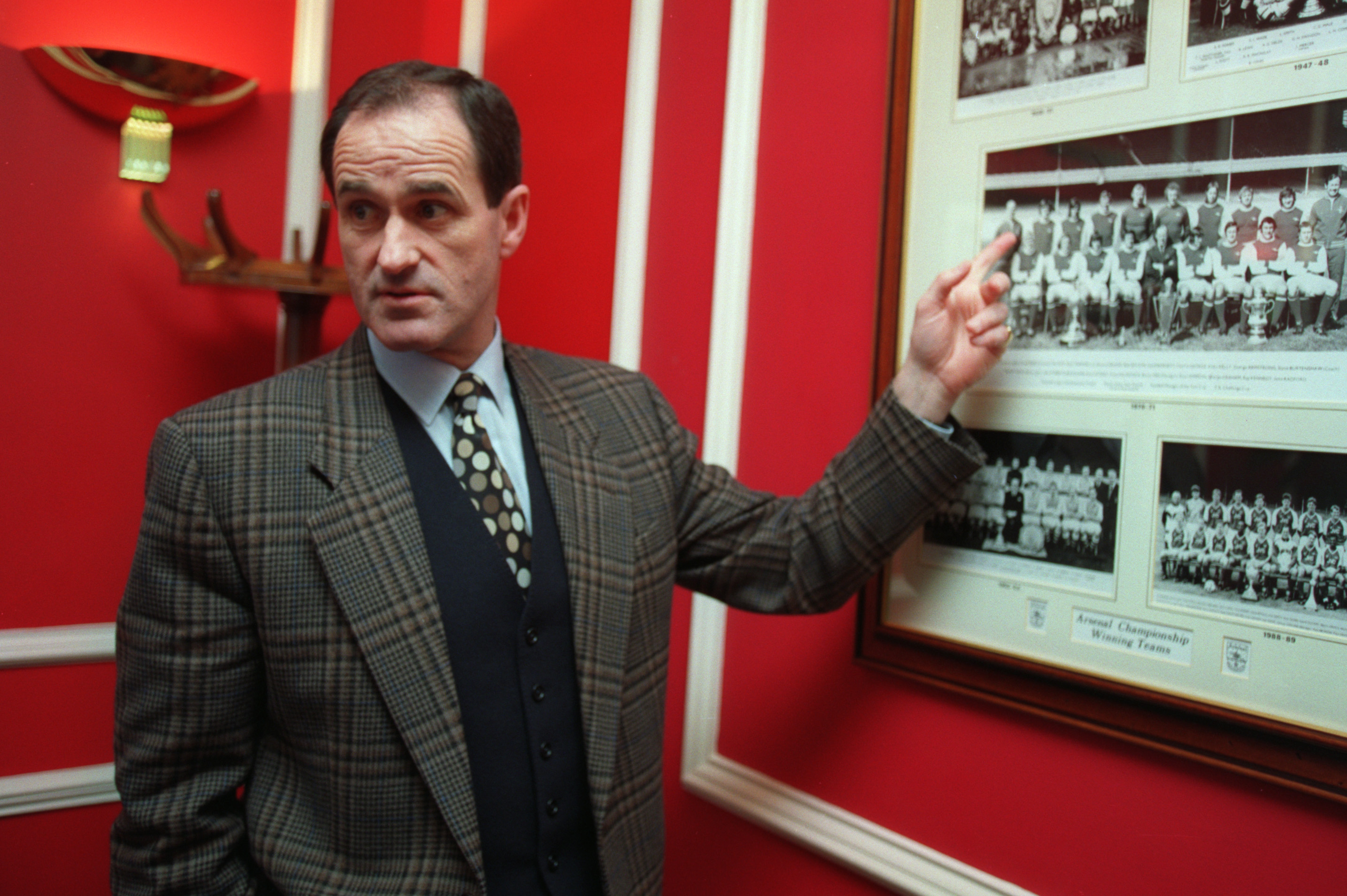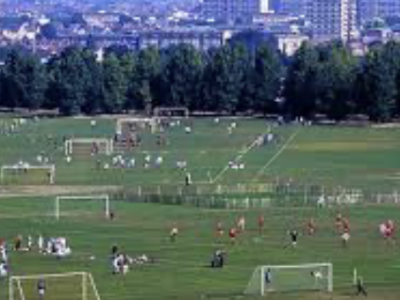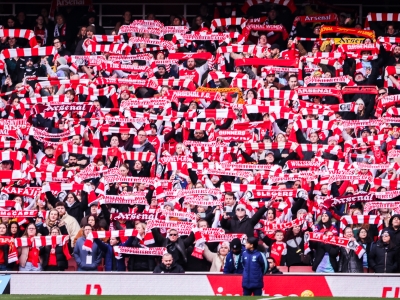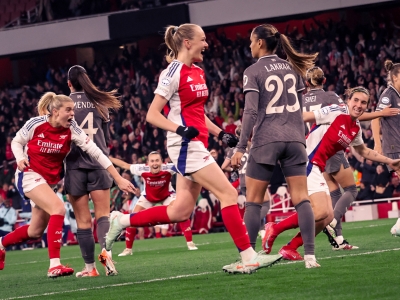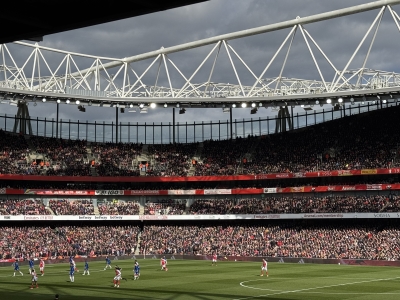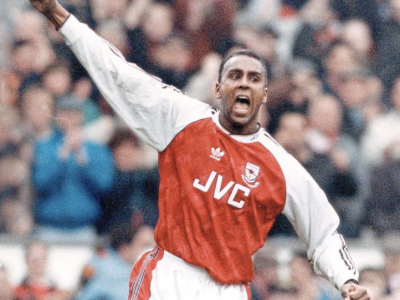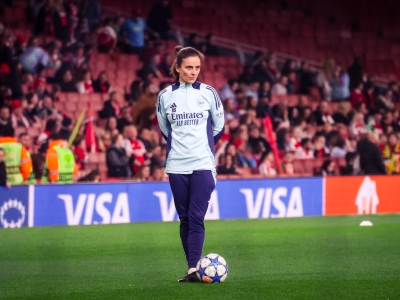The 30-year rule is usually reserved for the disclosure of government secrets, but since it’s almost three decades since our own annus horribilis began, I thought it was safe to relive the trauma of the 1994-95 season.
Many readers will be too young to remember it, if so, think yourselves lucky; for older readers, I’m very sorry, but it was a long time ago. As they said at the end of Crimewatch on BBC, “don’t have nightmares”…
Ahead of the 1994-95 season we had every reason to feel quite optimistic. The euphoria of Copenhagen was fresh in our memories.
Added to that we had finished a fairly respectable fourth in 1993-94, and with the lowest goals conceded in the division it was clear the back four were as miserly as ever.
We had Wrighty’s goals up front and, to bolster the midfield, had captured Stefan Schwarz, one of the stars of the Sweden side that had finished 3rd in that summer’s world cup.
England’s failure to qualify for the tournament meant most of the internationals in our squad would be well rested, with only Eddie McGoldrick travelling to the USA as part of Jack Charlton’s Irish side. We also had a nice new Nike kit. What wasn’t there to like ?
We started well, beating Manchester City 3-0 at a sunny Highbury, but then things began to go wrong. The computer had thrown up two tough fixtures early on, at Elland Road and Anfield.
A last minute winner for Leeds and (at the time) the fastest ever hatrick, from Robbie Fowler, meant 1-0 and 3-0 defeats. There followed a couple of goalless draws and then a home defeat to early season pace setters Newcastle; 15th after six games and any early season optimism had all but disappeared.
The defence of the Cup Winners’ Cup offered some respite, a comfortable win over Omonia Nicosia in the first round and a 2-1 first leg away win at Brondby in the second gave no hint of the upcoming storm.
The league form had improved too, four wins out of five in late September and October, though the exception in that run, a home defeat to Palace, hinted at the underlying inconsistency that was about to bite us.
In the home second leg against Brondby, despite conceding an early goal, we took the lead on the night (2-1) just after half time, and with an aggregate of 4-2, everything seemed comfortable. Brondby equalised on the night and had they got a third, would have progressed on away goals. They nearly did, the final whistle was a great relief.
The game was memorable for, I’m sorry to say, a truly abject performance by Merson, not just so far below what we had come to expect from him, it was so far below what you might expect from any professional footballer. Merse later admitted his addiction problems were sadly getting the better of him, and that this game was something of a nadir, there was no doubting that.
More inconsistency on the field followed: a dreadful 0-0 home draw with Sheffield Wednesday then defeats at Southampton and Leicester.
On Friday, November 25 came the tabloid headlines of Merse’s drink, cocaine and gambling addictions.
As we came to terms with that, 48 hours later the Sunday tabloids broke stories that there had been unauthorised payments made to manager George Graham; there had been rumours for a while but this was the first time they were out in the press, the references to the transfer of Pal Lydersen around three years earlier seemed to add a bit more substance.
After a November like that, and then more on field inconsistency in December (beat City away, lost to Leeds at home for example), we were glad to see the back of the year.
We celebrated wildly on New Year’s Eve when John Jensen scored his first and only goal for the club, it was a beauty of a curler from the edge of the box. The only problem was it was also our first and only goal of the game, QPR meanwhile got three.
It was becoming that sort of a season.
Three points at White Hart Lane in the new year would have cheered us all up, but it wasn’t to be, Spurs won 1-0 and to rub salt in the wounds Schwarz got a red card shortly before the end.
In the background there was no escaping more stories about George Graham, bungs and agents. We blocked them out and pinned our hopes to the cup competitions; favourable draws in the league cup saw us through to the quarter finals.
That’s where the luck of the draw deserted us, Liverpool away and a 1-0 defeat probably wasn’t a shock to anyone.
Sandwiched between the defeats at White Hart Lane and Anfield was an FA Cup third round trip to Millwall.
A quirk of the draw this, as we had had exactly the same fixture twelve months earlier. There was to be no repeat of the 1994 victory however, and despite a draw at the New Den, Millwall won the replay at Highbury 2-0.
The rumours about Graham and his financial misdemeanours persisted, and the poor results meant he was under pressure on the pitch too; it never rained but it poured.
The European Super Cup offered a brief, if fairly meaningless, respite in the form of a prestige tie with AC Milan. A goalless draw at home, notable for Merse’s return, was followed up a week later with a 2-0 defeat in the San Siro, it was no surprise that no-one was surprised. At least we had the quarter final of the Cup Winner’s Cup to look forward to.
Just ahead of the Milan game, the board had seemingly backed Graham and allowed him to buy John Hartson from Luton, Chris Kiwomya from Ipswich and Glenn Helder from Vitesse Arnhem. Hartson at the time the most expensive teenager in the game, was something of a rough diamond; the latter two left us a bit more underwhelmed.
It didn’t really change much on the pitch anyway, and despite a win at Coventry, a defeat at Sheffield Wednesday, where we ended the game with nine men, and draws in consecutive home games with Everton, Southampton and Leicester were more indicative of our struggles. The latter game against the Foxes would be Graham’s last as Arsenal manager.
On February 21, ahead of an evening home game with Nottingham Forest, George Graham was sacked after nearly nine years in charge. The rumours about bungs simply wouldn’t go away.
It later transpired that Graham had agreed with the board he would leave the club at the end of the season, but ultimately they felt compelled to act sooner, such was the storm engulfing the club.
Under caretaker manager Stewart Houston there followed the footballing equivalent of a ‘dead cat bounce’ and the team beat Forest 1-0 before winning 3-0 at Selhurst Park. Kiwomya’s three Arsenal goals came in this period, with the returning Merson also scoring against Palace.
We returned to Cup Winner’s Cup action with a quarter final first leg at home to Auxerre which ended 1-1.
Thankfully the only goal in the second leg was an Ian Wright special, and as if from nowhere the team had reached a European semi final amidst the chaos of a pretty awful domestic season.
Pretty awful soon became very awful with four consecutive league defeats in March.
Suddenly what had seemed to us fans an irrelevant feature of the season became an ominous possibility: in order to reduce the premier league from 22 teams to 20, the 1994-95 season was to see 4 teams relegated and only 2 promoted.
At the end of March we had barely moved from 15th earlier in the season and sat 14th with 40 points from 34 games.
In 19th and therefore in the relegation zone, were Southampton with 36 points from 32 games.
Maybe the editor was a Spurs fan, maybe because it was April 1st, but the football previews that day listed the remaining fixtures for the clubs battling to avoid the drop, and there for all to see, were Arsenal’s listed with the perennial strugglers, oh the shame.
A win that day over Norwich steadied the ship briefly, but consecutive defeats at Loftus Road and at home to Liverpool meant that ahead of the Easter weekend, though 13th, we had 43 from 37 games, West Ham in 19th had 41 from 36, it was tight.
Thankfully, two wins over fellow strugglers Ipswich and Villa, coupled with other results going our way, were enough to guarantee safety.
Meanwhile the Cup Winners’ Cup semi saw us face Sampdoria, with the first leg at Highbury.
Two goals in as many minutes from Steve Bould (yes, really) gave us a 2-0 lead, Sampdoria pulled one back, Wright scored to make it 3-1 before Jugovic got his second and the game finished 3-2.
A fortnight later in Genoa we went 1-0 down early on when Mancini scored, Wright equalised on the hour and we hung on, 4-3 up on aggregate. Eight minutes to go, and disaster struck, Sampdoria took a 2-1 lead on the night and crucially held the edge on away goals with the tie at 4-4.
Three minutes later and we are 3-1 down on the night, 5-4 on aggregate. I remember Ron Atkinson saying “they’re out now” at this point.
However, Schwarz made it 3-2 with two minutes left and with the aggregate score 5-5 it meant extra time and penalties.
In what was undoubtedly the high point of a dreadful season, David Seaman, a year before his Euro 96 exploits, saved three spot kicks and despite McGoldrick and Merson also missing for us, we prevailed 3-2.
The most awful of domestic seasons could still end with a European trophy.
The final matched us with Real Zaragoza in Paris. We travelled optimistic that we could salvage the season with another Cup Winners’ Cup win.
Hartson getting booked just a couple of minutes into the game should have been an omen, and losing Keown and Winterburn to injuries at the very start of the second half should have reinforced the sense that it wasn’t going to be our night, but the team battled on.
Esnaider gave Zaragoza the lead midway through the second half, though subsequently overshadowed (for some reason) it was a belter of a goal.
Within ten minutes Hartson had equalised. As the game progressed to ninety minutes and through extra time it was hard to escape that though we had probably been second best on the night, and had been second best in most of the games that season, with Seaman in goal we would be as strong favourites as you could possibly be in the lottery of a penalty shoot-out.
As the clock ticked away to 120 minutes the season flashed before us: Merse’s confessions and struggles, George’s bungs and subsequent departure, a cup exit to a lower division side, and coming way too close to relegation for comfort.
Then came Nayim, then came the halfway line and to paraphrase Martin Tyler, that summed it all up.

